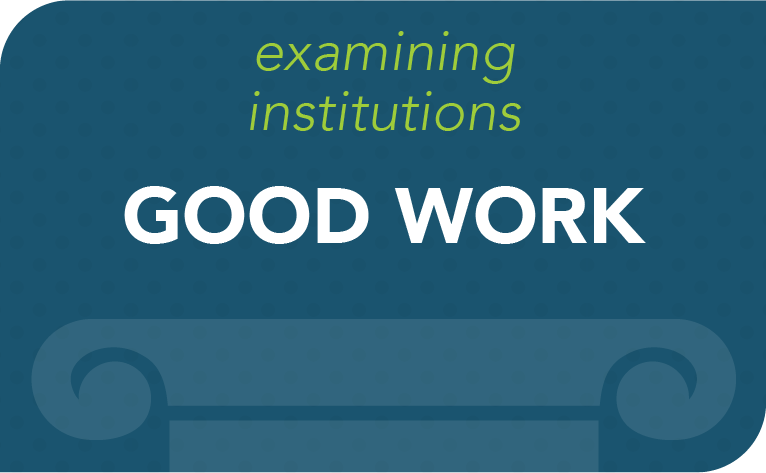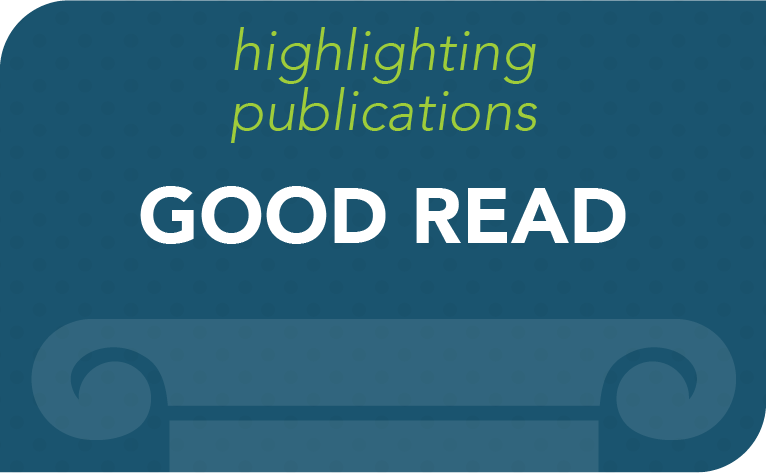
Can Virtue be Taught? — Practical Wisdom and Engaged Learning
September 2021
by Jay Brandenberger
Associate Director, Center for Social Concerns
Professor of the Practice, Department of Psychology
Director of Academic Community Engagement, Office of the Provost
University of Notre Dame
We were on the bus at sunrise in Immokalee, Florida —students and a fellow faculty member with migrant workers on the way to pick oranges for the day. We were part of an experiential Migrant Experiences Seminar I began in the 1990s at the University of Notre Dame to experience first hand migrant life and the complexities of our food systems. Careful not to take the place of workers there to support families, we tried to keep pace in the picking. At the end of the day, we donated our meager collections to the workers who picked much faster, and returned to the bus, tired and reflective. Later that week we discussed migrant conditions with advocates from the Coalition of Immokalee Workers, and with farm owners anxious to have their crops harvested.
What did we learn from such engagement? Upon return to campus, students from the course challenged University policies with respect to food purchase, arguing for fair wages for workers down the food chain (prompting the provost at the time to wonder out loud how the students had developed such concerns). Some shared a new personal consciousness about food use and waste, and grappled with their relative social privilege. Perhaps such outcomes were short-lived, though the life journeys of many of the students suggest otherwise. I would argue that these academic community engagement experiences prompted, at least to some extent, the development of practical wisdom.
Too often we promote community engagement and related pedagogies, now visible and supported in higher education, with only a broad sense of the potential outcomes. Such are often left implicit, assumed. Naming clear moral goals or impacts, both personal and collective, while important, can be difficult to negotiate in a politically charged world. But who could be against wisdom?!
The University of Notre Dame, “seeks to cultivate in its students not only an appreciation for the great achievements of human beings, but also a disciplined sensibility to the poverty, injustice, and oppression that burden the lives of so many” (excerpt from the University mission statement). The term disciplined sensibility is compelling, and when directed toward concerns of justice resonates well with the concepts of practical wisdom, offering a fitting goal in this time of misinformation and ‘truthiness’.
In virtue ethics, practical wisdom (called phronesis by Aristotle) is a macro-level virtue, meaning that it integrates and builds upon other virtues, such as courage, honesty, generosity. Practical wisdom involves both reasoning (an intellectual component) and action (an applied element) in an ethical context. Thus, one adept at fixing things would not be defined necessarily as demonstrating practical wisdom. A person who makes balanced, reasoned judgments in a fluid moral context would exhibit practical wisdom. Such integration of thought and action in an ethical context is precisely what the fields of service-learning and community-based research promote. Aristotle, not just John Dewey, can be seen as an early proponent of community engagement!
Practical wisdom and social purpose dovetail. Ancient writings and modern research remind us that we cannot flourish if we are not part of something outside ourselves, something bigger than our own survival and pleasure (I argue that the same is true for universities, that they need a social horizon to flourish, to animate intellectual and research pursuits). Practical wisdom is directed toward a telos, a goal or outcome that matters, again paralleling best practices in community engagement.
Practical wisdom, then, is a ready and logical framework for envisioning and assessing engagement efforts. (I expand this argument with insights from psychology and neuroscience here). According to Schwartz and Sharpe (2011), authors of a seminal work on practical wisdom, the current complexities of social life and organizations (complicated by globalization and technological change) lead too often to an emphasis on rules or incentives. Schwartz and Sharp make a strong case for emphasizing practical wisdom, which, they note, emerges through both meaningful work and positive relationships (again, elements of sustained engaged learning). We know in our bones that authentic learning requires more than mastery of content or rules to meet grade incentives. That we need graduates who can negotiate complexity, seek equilibrium in contested terrains (such balance is at the heart of all virtues), and foster ethical coherence. We say so in learning objectives, yet are unsure of how to educate for such. “Can virtue be taught”? is a longstanding question, with at least some answering: “No, but it can be learned.” Community-based, relational, and engaged pedagogies provide one of the best ways to prompt such learning.
Does such learning last? Are the students who participated in the migrant seminar noted above leading (at least somewhat) different lives now? Early enthusiasm may fade, and students may take away different lessons than we envision. To explore such questions longitudinally, my colleagues and I followed the Notre Dame class of 1993— surveyed upon entry to the University, at graduation, and a dozen years later— controlling for entry-level dispositions. Compared to students who did not participate in engaged learning, results showed that engagement during the college years had lasting impacts on students’ sense of purpose, integrity, and personal flourishing (paralleling the eudaimonic sense of fulfillment that Aristotle described). Such findings warrant further research, and prompt support for engaged learning across disciplines. Addressing the wicked problems of today will require both expertise and wisdom.
—–
For more on practical wisdom and the scholarship of discovery/application that supports engagement initiatives, see Brandenberger, 2019 (in edited book by Julie Hatcher, Robert Bringle, and Thomas Hahn).





